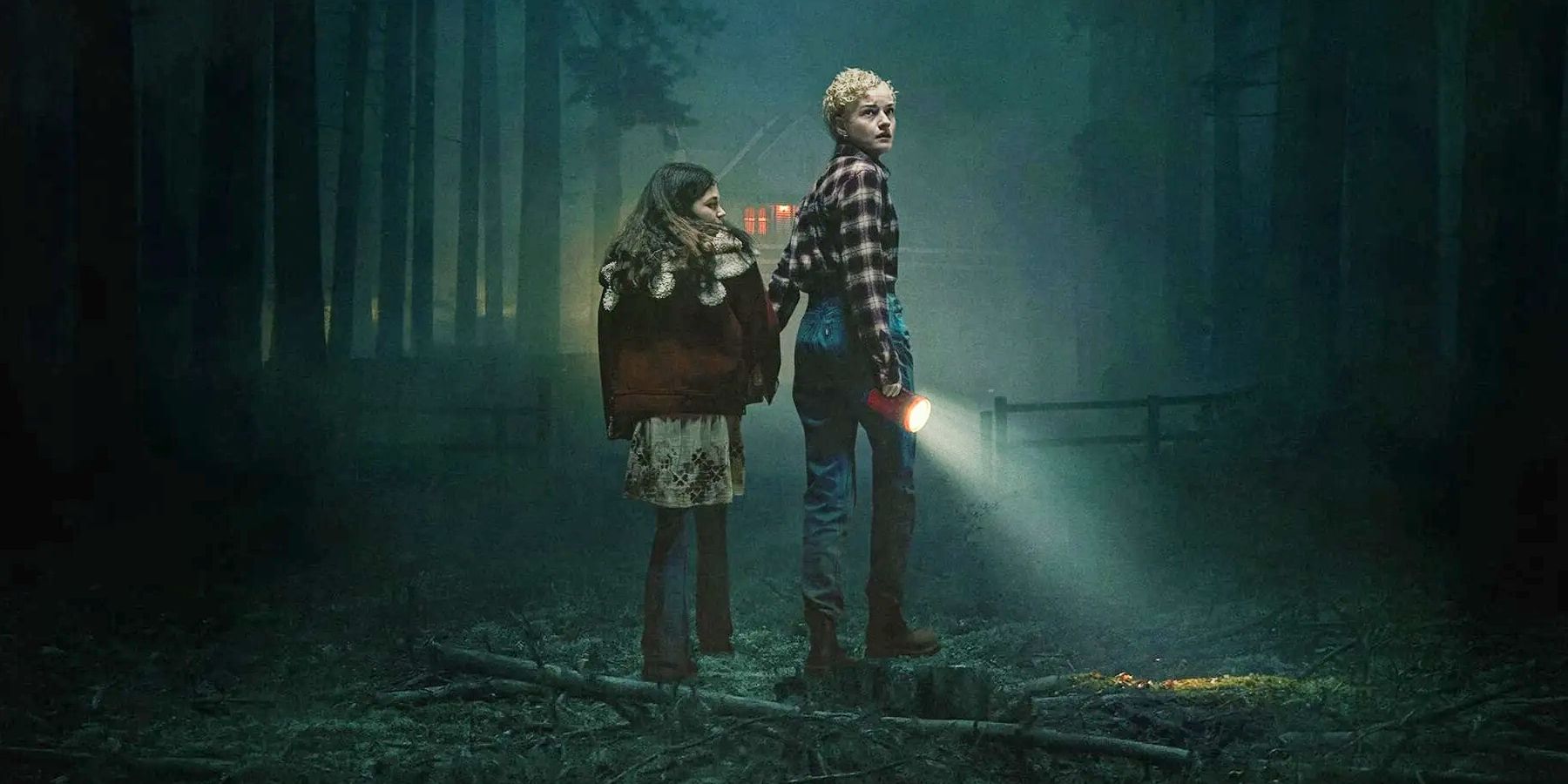The Quiet Horror of My Heart Can’t Beat Unless You Tell It To
My Heart Can’t Beat Unless You Tell It To is a slow-burning, atmospheric horror film that lingers in the shadows of love, obligation, and despair. Written and directed by Jonathan Cuartas, the 2020 debut feature is not just a vampire story—it’s a bleak, poetic meditation on family and the painful sacrifices made in its name.
The film centers on three siblings: Dwight, Jessie, and their younger brother Thomas, who suffers from a mysterious condition that requires him to consume human blood to survive. Is Thomas a vampire? Perhaps—but Cuartas resists traditional genre labels. What matters more is the emotional weight of his condition and the moral decay it brings to the family dynamic.
Dwight, played with quiet agony by Patrick Fugit, is the reluctant caretaker and provider, forced to lure victims to feed Thomas. Ingrid Sophie Schram’s Jessie, on the other hand, embraces their grim reality with cold devotion. Owen Campbell brings a haunting innocence to Thomas, whose childlike fragility makes their situation all the more tragic.
The film’s horror is not rooted in gore or jump scares, but in its suffocating atmosphere and emotional tension. Shot in muted tones and quiet spaces, the story unfolds in dimly lit rooms and lonely streets, emphasizing the characters’ isolation from the world and each other.
At its core, My Heart Can’t Beat Unless You Tell It To is about the horrors of love stretched too far—the line between care and control, devotion and destruction. It's an elegy for lives defined by burden, a film where every act of violence comes wrapped in tenderness and sorrow.
This is a horror film for those who seek stillness over spectacle, and heartbreak over resolution.


